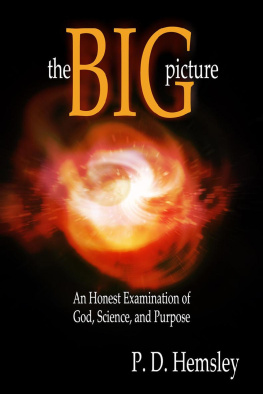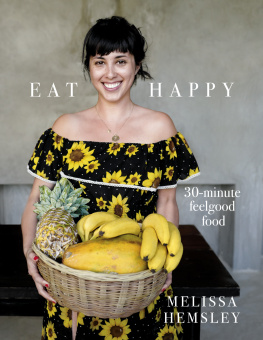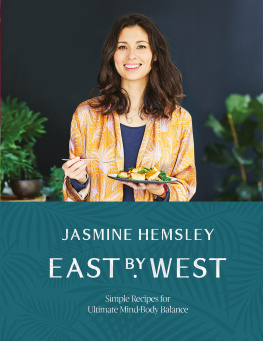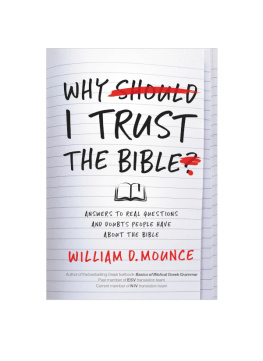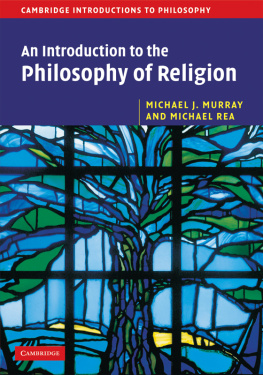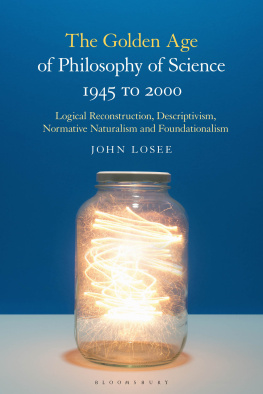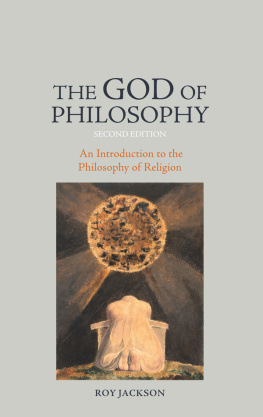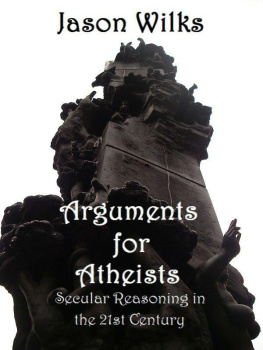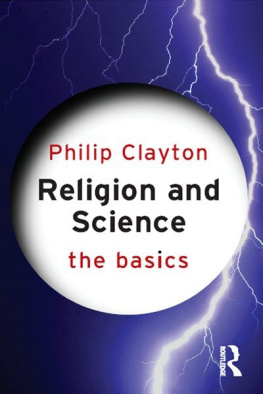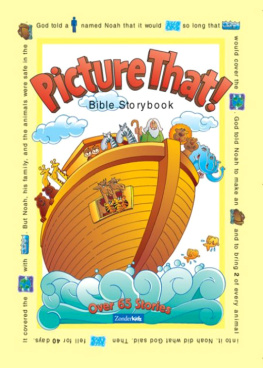Table of Contents
The Big Picture: An Honest Examination of God, Science, and Purpose
By P. D. Hemsley
Copyright 2013 by P. D. Hemsley
Cover Copyright 2013 by eLectio Publishing
The author is hereby established as the sole holder of the copyright. Either the publisher (eLectio Publishing) or author may enforce copyrights to the fullest extent.
This eBook is licensed for your personal enjoyment only. This eBook may not be resold, reproduced or transmitted by any means in any form or given away to other people without specific permission from the author and/or publisher. If you would like to share this book with another person, please purchase an additional copy for each person you share it with. If you are reading this book and did not purchase it, or it was not purchased for your use only, please return it to your eBook retailer and purchase your own copy. Thank you for respecting the hard work of this author.
Unless otherwise indicated, all scripture quotations are taken from the Holy Bible, New Living Translation, copyright 1996, 2004. Used by permission of Tyndale House Publishers, Inc., Carol Stream, Illinois 60188. All rights reserved.
eLectio Publishing wishes to thank the following people who helped make these publications possible through their generous contributions:
Chuck & Connie Greever
Jay Hartman
Darrel & Kimberly Hathcock
Tamera Jahnke
Amanda Lynch
Pamela Minnick
James & Andrea Norby
Gwendolyn Pitts
Margie Quillen
Other titles from eLectio Publishing:
Tales of the Taylor: Songs that Changed the World by Ethan D. Bryan
Learning to Give in a Getting World by Marcus R. Farnell, Jr. and Jesse S. Greever
At the Back of His Mind by T. Marcus Christian
Never Prosper by T. Marcus Christian
The Wall & Beyond by Joanna Kurowska
Drunk Dialing the Divine by Amber Koneval
The Advent of the Messiah: Finding Peace, Love, Joy, and Hope in a Modern World by Tony Turner
More from Life: 99 Truths to Understand and Live By by Christopher C. Dixon
Living to Give in a Getting World by Marcus R. Farnell, Jr. and Jesse S. Greever
Anabel Unraveled by Amanda Romine Lynch
The Sons of Hull: Book One of the Advocate Trilogy by Lindsey Scholl
Absolute Positivity by Karl B. Sanger
Hunger by R. H. Welcker
Striking Out ALS: A Heros Tale by Ethan D. Bryan
Soulmates by Mindy Kincade
The Woven Thread by Todd Oliver Stewart
Obsidian: Book Two of the Advocate Trilogy by Lindsey Scholl
Good Shepherds: Living the Faith by Dana Yost
The Crab Hollow Chronicles by Karen Gennari
Nightmarriage by Chad Thomas Johnston
Legends of Luternia: The Prince Decides by Thomas Sabel
Proof of Divine by Andrew Murtagh
Packer and Jack by Rachel Hoffman
Wanakufa (Dying) by Elizabeth Rose
Fledgling Song by Abbey von Gohren
Hues of Darkness, Hues of Light by Patrice M. Wilson
Under the Influence by Phil Hamman
Edna in the Desert by Maddy Lederman
www.eLectioPublishing.com
Dedication:
To my wife Cathy, who has been with me through thick and thin for over 30 years, and to my daughters Lizzy and Becky who both outsmart me.
Foreword
Scientific discovery has brought material benefits and physical comfort to mankind. The predictability of matter leads us to assume that it behaves according to fixed laws, and this belief has led engineers to develop tools and machinery to manipulate the environment, doctors to develop cures for many diseases, and farmers to grow crops with greatly increased yields. Many of the scourges of previous times have been overcome leading, in the Western world at least, to longer lifetimes and better health. However, this has also led to the belief that everything is predictable and controllable. If anything goes wrong (by which we mean it causes us distress or discomfort) then it must be fixable, and if it hasnt been fixed it must be someone elses fault.
Personal rights have grown, but personal responsibility has diminished. Laws to protect the weak have bred the belief that it is the states job and not our individual duty to help out those less fortunate than ourselves. Mechanisation that was supposed to give more leisure time has led to lost jobs and loss of purpose. Competition and the shrinking of the geographical world has meant that there is someone, somewhere who will work harder or longer hours than we do, and the pressure grows to produce more for less. The availability of loans means that goods can be obtained now if we promise to pay later. To pay the loan we need a job. Fear of job loss drives us to work longer hours and accept less pay. The purpose of life becomes to produce. The mechanism which fuels demand and production is the economy. The economy becomes the measure of the health of a nation.
Is that what its all about?
Is my value simply what I can produce?
Am I measured just by what I can earn?
If I retain the worldview that the economy is king then the implication is yes, but that doesnt feel right. I want to be valued and loved as a person. I want a worldview that speaks to my heart and my mind and not just my wallet, and I want it to be based on sound thinking and evidence.
Science has brought great technological and medical benefits to mankind; cars, televisions, fridges, telephones, electricity and so on. But science has also brought guns and bullets, pollution, global drug trafficking and job losses. Science seems to dominate my life, telling me what I should or shouldnt do to keep healthy, avoid risk and live longer, but it doesnt tell me why I would want to live longer. Science doesnt give any purpose to my life.
Religion offers purpose, but it too seems to want to control me and dominate me. Religion has been used as justification for many great atrocities: the Spanish Inquisition, child sacrifices, the Crusades. Religious people seem to want to tell me how to behave, and to judge and criticise me, claiming to represent the will of God.
I want to know the truth. I want to know what science can tell me about how the universe works, and perhaps where I came from. I want the benefits that science can bring, but not at the cost of becoming a slave to its dictates. I want to know why I am here, what my purpose in life is, or even if there is one. If there is a God I want to know what He thinks. I want the benefit of knowing that I have a purpose, but not at the cost of becoming a slave to rules from another human being.
And so I investigate, weigh up evidence in all forms and seek a holistic worldview that works. I have explored what we know from the physical and biological sciences, and I have researched historical evidence for God. I have tested what is actually known, and what is speculation, extrapolation or personal opinion and rhetoric.
This book presents my conclusions, and some of the evidence that brought me to draw them. I offer what I believe is a consistent, healthy and constructive worldview based on sound evidence. Ive called it Minimalist Christianity. Whether you agree with my conclusion or not, I hope that many of the myths that currently inhibit so many of us will have been weakened or dispelled. I hope that a step can be taken towards finding purpose and experiencing life in abundance.
Introduction
Dont you just hate it when someone wont listen? They read an article in the newspaper and are immediately an expert on a subject. They wont listen to the facts. Their mind is made up.
But perhaps we are all the same. We have a little information and we think we know it all. Or our favourite celebrity says something that we agree with and it confirms us in our opinion. We never really bother to check out the facts for ourselves.
A few years ago I decided to dig deeper into questions of science, God and philosophy to try to get to the facts. Were the Creationists right, and is evolution an evil myth? Were the scientists right and is there no need for God? Are we deluded if we think we have free will? Can miracles happen? Did Jesus exist, and if so was he just a good moral teacher? What is it that makes me me?
Next page
